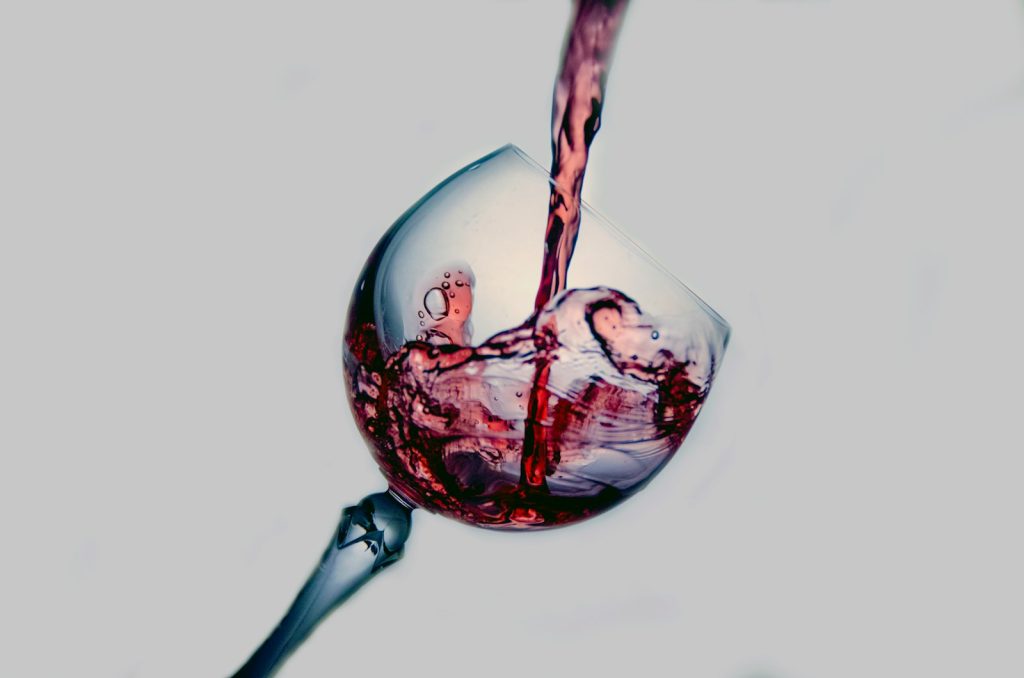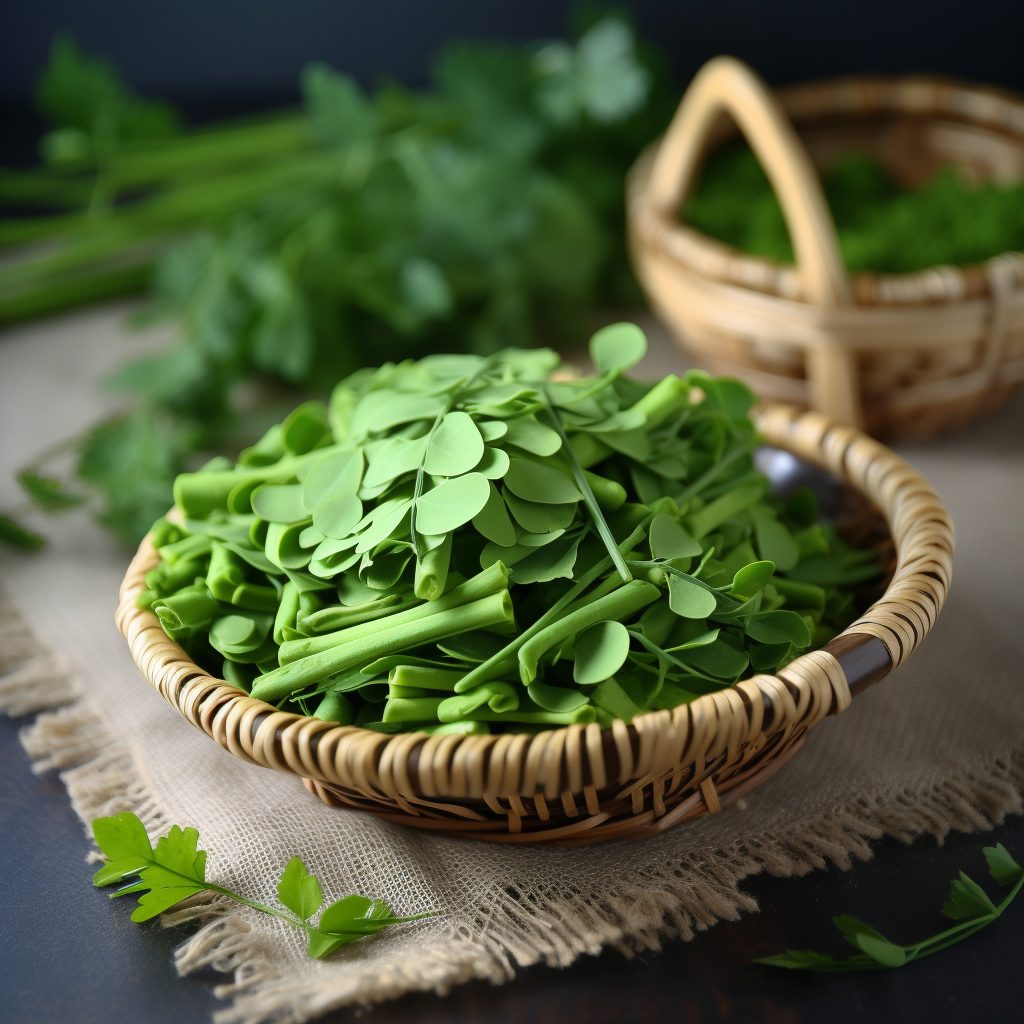Are you struggling with menopause belly? You’re not alone. Many women over 55 experience weight gain during menopause due to hormonal changes. But there’s good news: Resveratrol, a natural compound found in certain superfoods and supplements, may help you shed those extra pounds.

Studies have shown that Resveratrol can boost weight loss by increasing metabolism and reducing inflammation in the body. Red wine is a well-known source of Resveratrol, but you’d have to drink a lot of it to get the recommended dose. Luckily, Resveratrol supplements are widely available and can provide a concentrated dose of this powerful compound.
In addition to taking supplements, you can also incorporate Resveratrol-rich foods into your diet. Some of the best sources of Resveratrol include grapes, blueberries, peanuts, and dark chocolate. By adding these foods to your meals and snacks, you can increase your Resveratrol intake and potentially see a reduction in menopause belly.
Understanding Menopause Belly
If you are a woman over 55, you may have noticed that your waistline has expanded, even if you haven’t gained weight. This phenomenon is known as “menopause belly,” and it is a common complaint among menopausal and postmenopausal women.
Causes of Menopause Belly
The hormonal changes that occur during menopause are the primary cause of menopause belly. As estrogen levels decline, the body tends to store more fat around the midsection. This is because fat cells in the abdominal area have more estrogen receptors than fat cells in other parts of the body.
Another factor that contributes to menopause belly is a decrease in muscle mass. As women age, they tend to lose muscle mass, which slows down their metabolism and makes it easier to gain weight.
Health Risks Associated
Menopause belly is not just a cosmetic issue. It can also increase the risk of several health problems, including:
- Cardiovascular disease
- Type 2 diabetes
- High blood pressure
- Breast cancer
Therefore, it is essential to take steps to reduce menopause belly and maintain a healthy weight. One way to do this is by incorporating resveratrol into your diet.
Resveratrol is a natural compound found in certain foods, such as red grapes, blueberries, and peanuts. It has been shown to have several health benefits, including weight loss.
In a study published in the Journal of Nutritional Biochemistry, researchers found that resveratrol supplementation reduced body weight, body fat, and waist circumference in postmenopausal women. Another study published in the Journal of Clinical Endocrinology and Metabolism found that resveratrol supplementation improved insulin sensitivity in overweight and obese postmenopausal women.
Therefore, incorporating resveratrol-rich foods into your diet may be an effective way to reduce menopause belly and improve your overall health.
Resveratrol: A Brief Overview

What is Resveratrol?
Resveratrol is a natural compound found in a variety of plant-based foods, including red grapes, blueberries, peanuts, and dark chocolate. It is classified as a polyphenol, which is a type of antioxidant that can help protect your cells from damage caused by free radicals.
Many studies have shown that resveratrol may have a number of health benefits, including reducing inflammation, improving heart health, and even potentially helping with weight loss. In fact, some research suggests that resveratrol may be particularly effective for women over the age of 55 who are experiencing menopause-related weight gain.
Sources of Resveratrol
As mentioned above, resveratrol can be found in a variety of plant-based foods. Some of the best sources of this compound include:
- Red grapes and red wine
- Blueberries and cranberries
- Peanuts and pistachios
- Dark chocolate
While these foods are all delicious, it can be difficult to get enough resveratrol through your diet alone. That’s where supplements come in – many companies now offer resveratrol supplements that can help you get the recommended daily dose of this compound.
It’s important to note, however, that while resveratrol supplements are generally considered safe, they can interact with certain medications and may not be appropriate for everyone. As with any new supplement, it’s always a good idea to speak with your doctor before starting to take resveratrol.
Scientific Evidence on Resveratrol’s Weight Loss Powers
Resveratrol, a natural polyphenol compound found in select plants, has been reported to have anti-obesity and metabolic reprogramming properties in translational models [1]. In animal studies, resveratrol was beneficial in reducing obesity-related adverse metabolic outcomes [1]. Additionally, resveratrol has cytoprotective effects and antioxidant properties, and modulates anti- and pro-apoptotic mediators, protecting cells from DNA damage [2].
Resveratrol and Metabolism
One study found that resveratrol can improve insulin sensitivity and glucose metabolism in postmenopausal women [3]. Insulin resistance is a common issue for women during menopause, and resveratrol may be a natural way to combat this issue. Another study found that resveratrol can increase energy expenditure and improve mitochondrial function, leading to improved metabolism [4].
Resveratrol and Fat Reduction
Resveratrol may also have fat-reducing properties. A systematic review and meta-analysis of randomized controlled trials found that resveratrol intake was associated with significant reductions in body weight, body mass index (BMI), and waist circumference [5]. In animal studies, resveratrol was found to reduce fat accumulation and improve lipid metabolism [1].
Foods that contain resveratrol include red wine, peanuts, and blueberries [1]. Resveratrol supplements are also available, but it is important to speak with a healthcare provider before starting any new supplement regimen. Incorporating resveratrol-rich foods into your diet may be an easy and natural way to potentially aid in weight loss during menopause.
Resveratrol and Women Over 55

As women age, their bodies undergo a series of changes, including menopause. Menopause is a natural biological process that marks the end of a woman’s reproductive years. During this time, women may experience a variety of symptoms, including hot flashes, night sweats, mood swings, and weight gain, particularly around the belly area. Fortunately, recent studies have shown that resveratrol, a natural compound found in certain foods, may help women over 55 combat these symptoms and promote weight loss.
Resveratrol’s Role in Menopause
Resveratrol is a polyphenol compound that is found in various foods, including grapes, berries, peanuts, and red wine. It has been shown to have anti-inflammatory, antioxidant, and anti-cancer properties. Recent studies have also suggested that resveratrol may have a positive impact on menopause-related symptoms, including weight gain and cognitive function.
Case Studies and Research Findings
In a pilot study of postmenopausal women, it was found that a 14-week supplementation with a low dose of resveratrol, improved cerebrovascular (blood flow in the brain) and cognitive functions. Another study conducted over 24 months found that resveratrol supplementation (75 mg BID) improved aspects of well-being including chronic pain, which is a common complaint in postmenopausal women. These improvements are sustained by supplementation for at least 12 months and are associated with enhancement of circulatory function.
Moreover, a systematic review of the effect of resveratrol on menopausal symptoms found that resveratrol may have a positive effect on reducing hot flashes, night sweats, and other symptoms of menopause. Resveratrol may also have a positive impact on weight loss in postmenopausal women. A study published in the Journal of Nutritional Science found that resveratrol may reduce abdominal fat and improve insulin sensitivity in postmenopausal women.
Incorporating Resveratrol into Your Daily Life
Fortunately, incorporating resveratrol into your daily life is easy. You can get resveratrol from various foods, including grapes, berries, peanuts, and red wine. However, it is important to note that the amount of resveratrol in these foods is relatively low, and it may be difficult to consume enough resveratrol to see significant benefits.
Alternatively, you can take resveratrol supplements, which are available in various forms, including capsules and tablets. When choosing a resveratrol supplement, it is important to look for a reputable brand that uses high-quality ingredients.
In conclusion, resveratrol may be a natural and effective way for women over 55 to combat menopause-related symptoms, including weight gain and cognitive function. By incorporating resveratrol-rich foods or supplements into your daily routine, you may be able to see significant improvements in your overall health and well-being.
Incorporating Resveratrol into Your Daily Life
If you’re looking to incorporate resveratrol into your daily routine, there are a few options available to you. Here are some ways to get started:
Dietary Changes
One of the easiest ways to get more resveratrol into your diet is to eat foods that contain it. Some of the best sources of resveratrol include:
- Red wine
- Grapes
- Blueberries
- Cranberries
- Dark chocolate
While red wine is a popular source of resveratrol, it’s important to remember that alcohol should be consumed in moderation. In addition, some people may prefer to avoid alcohol altogether for personal or health reasons. If you’re looking for a non-alcoholic option, you can still get plenty of resveratrol from other sources.
Supplements and Dosage
Another way to get more resveratrol into your daily routine is to take supplements. Resveratrol supplements are available in a variety of forms, including capsules, tablets, and liquid extracts.
When it comes to dosage, there is no one-size-fits-all answer. The amount of resveratrol you need will depend on your individual needs and health goals. It’s always a good idea to talk to your doctor before starting any new supplement regimen.
In general, most resveratrol supplements provide between 100 and 500 milligrams of resveratrol per serving. It’s important to follow the recommended dosage on the label and to avoid taking more than the recommended amount.
Keep in mind that while resveratrol supplements are generally considered safe for most people, they may interact with certain medications or health conditions. Be sure to talk to your doctor before taking resveratrol supplements if you have any concerns.
Incorporating resveratrol into your daily routine can be a simple and effective way to support your overall health and well-being. Whether you choose to get your resveratrol from food or supplements, be sure to make it a regular part of your routine for best results.
Conclusion
Incorporating resveratrol into your diet can potentially help you lose weight and improve your overall health, especially during menopause. Scientific studies have shown that resveratrol can reduce pain, improve cerebrovascular function, cognitive function, and somatic menopausal symptoms. It can also help with weight loss by increasing metabolism and reducing fat deposition in the abdomen.
To reap the benefits of resveratrol, you can consume foods that contain it, such as red grapes, berries, peanuts, and red wine. If you prefer a supplement, make sure to consult with your healthcare provider first. You can also try incorporating resveratrol into your daily routine by adding a glass of red wine to your dinner or snacking on some peanuts or berries.
Remember that resveratrol is not a miracle cure for weight loss and menopausal symptoms. It should be incorporated into a healthy lifestyle that includes regular exercise and a balanced diet. With a little effort and consistency, you can say goodbye to menopause belly and hello to a healthier you.
Sources:
Disclaimer: The information provided in this blog is for educational purposes only and is not intended as a substitute for professional medical advice. Always consult with your physician or another qualified healthcare provider before starting any new treatment or with any questions you may have regarding a medical condition. We also cannot guarantee the accuracy of the scientific studies mentioned.
David, a dedicated superfood enthusiast, has spent over a decade delving deep into the healing and rejuvenating powers of superfoods. With his vast knowledge, he passionately shares insights on how these natural wonders can optimize health and vitality for modern lifestyles.




